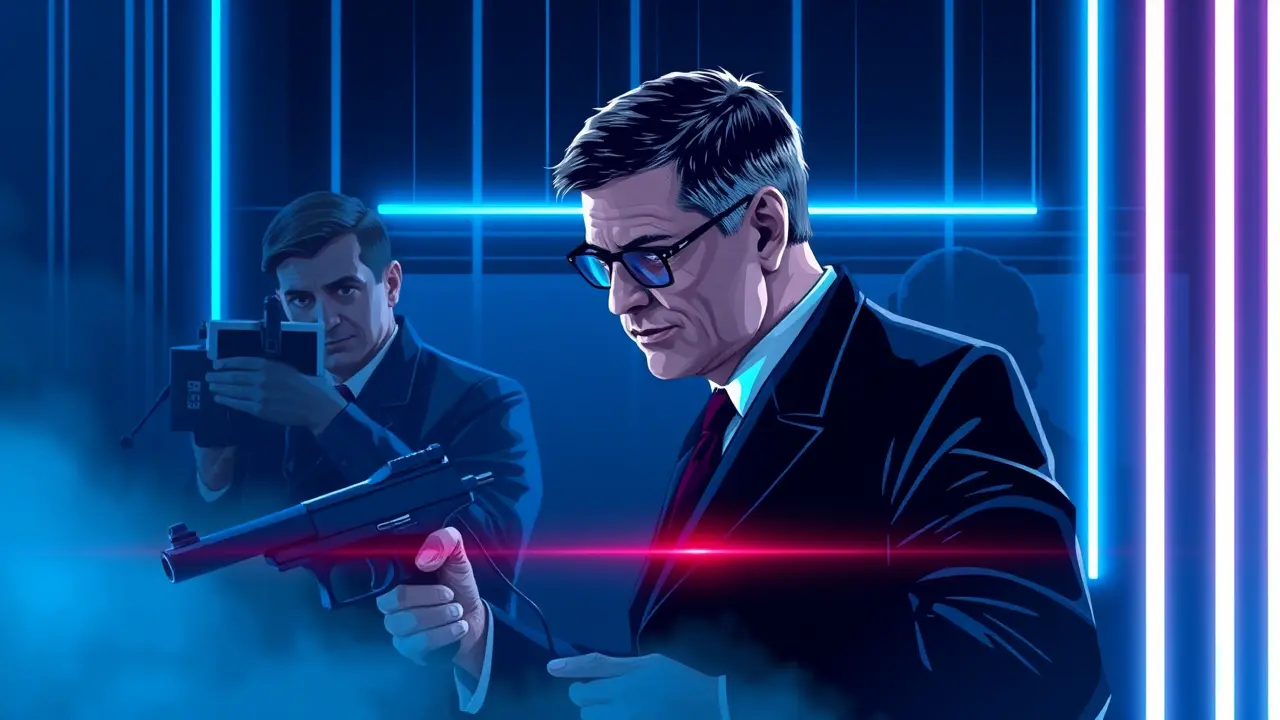Slovak PM Fico's Attacker Gets 21-Year Prison Sentence.
The courtroom verdict that sentenced Juraj Cintula to 21 years in prison for the attempted assassination of Slovak Prime Minister Robert Fico resonates with a grim historical echo, a stark reminder that the fabric of civil society remains perpetually vulnerable to the violent impulses of political extremism. This was not a random act of madness but a calculated strike, with five shots fired at close range, an attack that the court decisively categorized as terrorism, a charge that carries the heavy weight of intent to destabilize and intimidate an entire nation.The assailant, a figure emerging from the fringes of a deeply polarized political landscape, acted not in a vacuum but within a climate of increasingly toxic rhetoric, where political disagreement has been weaponized into a justification for violence, a trend disturbingly familiar to students of 20th-century European history. One cannot help but draw parallels to other moments where the political center has collapsed, where the discourse of us-versus-them paved the way for bullets to replace ballots, a dangerous trajectory that nations from Weimar Germany to pre-civil war Spain tragically experienced.The attack on Fico, a populist leader whose policies on Ukraine and domestic reforms have sharply divided the country, serves as a critical stress test for Slovakia's young democratic institutions, probing their resilience against internal shocks. The swift and severe sentence delivered by the court is a necessary, powerful statement from the judiciary, a line in the sand affirming that political violence is an existential threat to the state itself, a principle that Churchill himself would have championed in his most defiant wartime speeches.Yet, the legal conclusion is merely the end of one chapter; the broader consequences are still unfolding. This event will inevitably cast a long shadow over the upcoming electoral cycles, likely hardening political positions and potentially legitimizing more aggressive security measures that could curtail civil liberties in the name of public safety.The international community, particularly the European Union which prides itself on its post-war peace, watches with apprehension, concerned that such instability in a member state could be exploited by external actors seeking to weaken the bloc's unity, especially concerning the ongoing conflict on its eastern flank. The true measure of Slovakia's democracy, however, will not be found solely in the prison term handed down to one man, but in the collective response of its political class and citizenry. Will this act of terror lead to a sober reflection and a de-escalation of rhetoric, or will it further entrench the divisions, creating a new and dangerous normal where political opponents are seen not as adversaries but as enemies? The path forward requires a recommitment to the foundational principles of democratic debate and the absolute rejection of violence as a political tool, for history has shown us with chilling clarity that when the first shot is fired, it is the very idea of a shared society that is the first and most profound casualty.
SK
SkepticalSam11 hours ago
wow 21 years is a long time but idk if this really fixes the main problem tbh
0
SK
SkepticalSteve12 hours ago
wait what 21 years tbh that feels like a lot idk this whole thing is just so messy
0
© 2025 Outpoll Service LTD. All rights reserved.
